What Joe Biden’s offer to the Taliban says about his Middle East policy
Proposed power-sharing deal reveals desire to ‘lighten’ US’s role in region
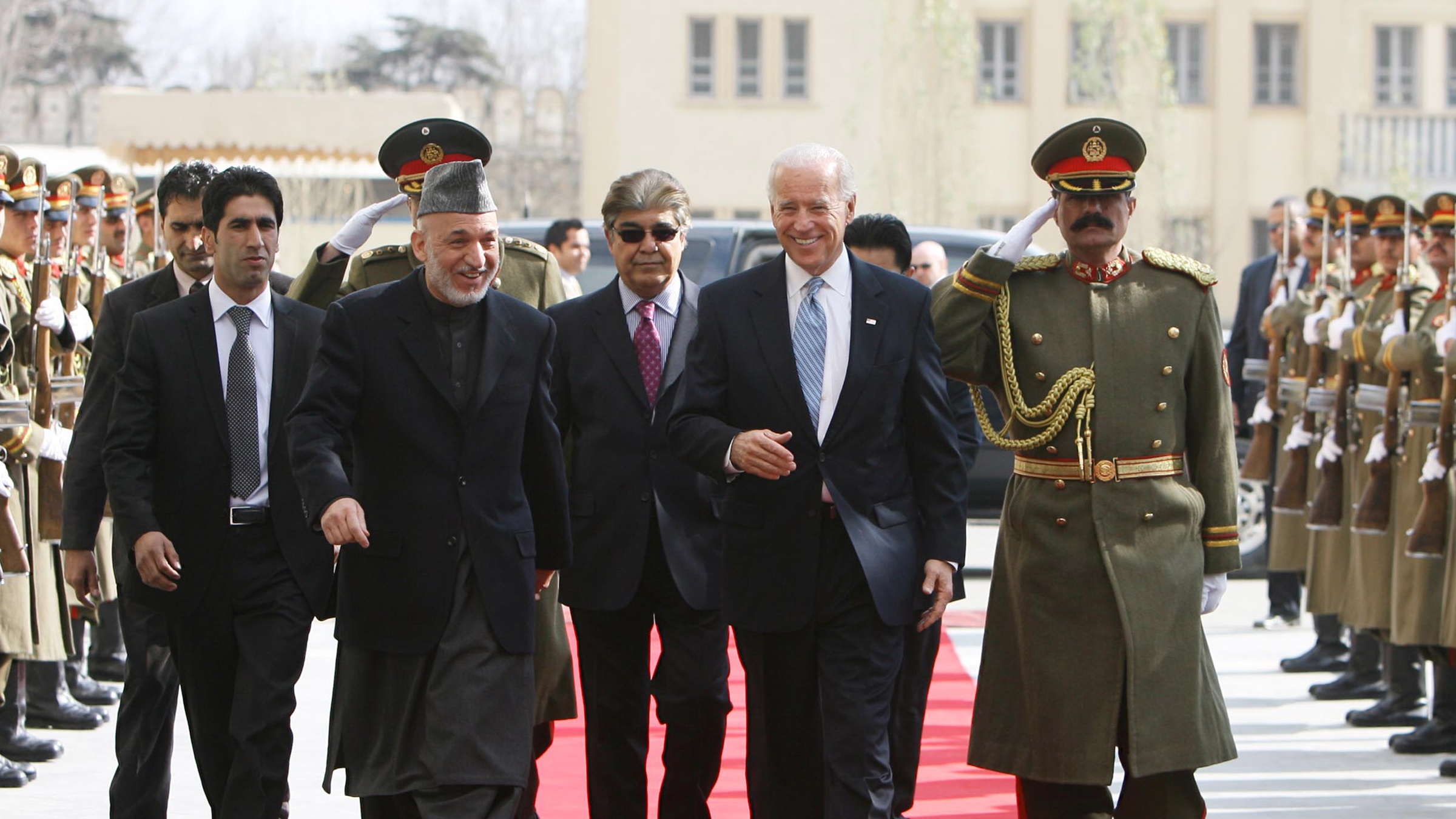
A free daily email with the biggest news stories of the day – and the best features from TheWeek.com
You are now subscribed
Your newsletter sign-up was successful
Two decades after the US invaded Afghanistan, Joe Biden has proposed a deal between the Afghan government and the Taliban ahead of a review of the US troops withdrawal plan.
Biden’s Secretary of State Antony Blinken “proposed to the Afghan government that they enter an interim power-sharing agreement with the Taliban”, CNN reports.
The plan, which the broadcaster adds would also see “Afghanistan's neighbors, including Iran, take on a greater role”, comes ahead of a planned end to US boots on the ground on 1 May, a deadline set by the Trump administration.
The Week
Escape your echo chamber. Get the facts behind the news, plus analysis from multiple perspectives.

Sign up for The Week's Free Newsletters
From our morning news briefing to a weekly Good News Newsletter, get the best of The Week delivered directly to your inbox.
From our morning news briefing to a weekly Good News Newsletter, get the best of The Week delivered directly to your inbox.
“We are considering the full withdrawal of our forces by May 1, as we consider other options… The United States has not ruled out any option,” Blinken wrote in a letter to President Ashraf Ghani, adding that without US military assistance he was “concerned that the Taliban could make rapid territorial gains”.
Writing in The Times, longtime war correspondent Anthony Loyd writes that the power-sharing suggestion shows Biden “wants out” of American’s forever war, but “does not want to do it as clumsily as Trump”.
The message being sent by Biden is that Ghani either agrees “to share power with the Taliban against whom we have both fought since 2001” or “we will pull out the last of our 2,500 troops and leave you to deal with the Taliban alone”, Loyd adds.
Biden last week carried out his first aggressive foray into the Middle East with airstrikes targeting Iran-backed militias in Syria. The Pentagon said the strike destroyed “multiple facilities” and followed attacks against US and coalition personnel in Iraq. But the president has “signalled that he wants to make the Middle East less of a priority”, The Economist says.
A free daily email with the biggest news stories of the day – and the best features from TheWeek.com
“A larger cost-benefit analysis taking place in the White House”, the paper adds, with the US still housing “thousands of soldiers spread across Arab countries” but with a growing track record of “interventions producing dismal results”.
The “unanswered question” in Washington regarding the Afghanistan power-sharing deal is whether “the Taliban want to share power at all and what are the consequences if it turns out that they don’t”, Loyd says. And this tension gets to the crux of Biden’s wider policy in the region, namely “how to lighten America’s burden in the Middle East while still protecting its vital interests there”, The Economist adds.
Joe Evans is the world news editor at TheWeek.co.uk. He joined the team in 2019 and held roles including deputy news editor and acting news editor before moving into his current position in early 2021. He is a regular panellist on The Week Unwrapped podcast, discussing politics and foreign affairs.
Before joining The Week, he worked as a freelance journalist covering the UK and Ireland for German newspapers and magazines. A series of features on Brexit and the Irish border got him nominated for the Hostwriter Prize in 2019. Prior to settling down in London, he lived and worked in Cambodia, where he ran communications for a non-governmental organisation and worked as a journalist covering Southeast Asia. He has a master’s degree in journalism from City, University of London, and before that studied English Literature at the University of Manchester.
-
 Political cartoons for February 22
Political cartoons for February 22Cartoons Sunday’s political cartoons include Black history month, bloodsuckers, and more
-
 The mystery of flight MH370
The mystery of flight MH370The Explainer In 2014, the passenger plane vanished without trace. Twelve years on, a new operation is under way to find the wreckage of the doomed airliner
-
 5 royally funny cartoons about the former prince Andrew’s arrest
5 royally funny cartoons about the former prince Andrew’s arrestCartoons Artists take on falling from grace, kingly manners, and more
-
 Operation Rubific: the government's secret Afghan relocation scheme
Operation Rubific: the government's secret Afghan relocation schemeThe Explainer Massive data leak a 'national embarrassment' that has ended up costing taxpayer billions
-
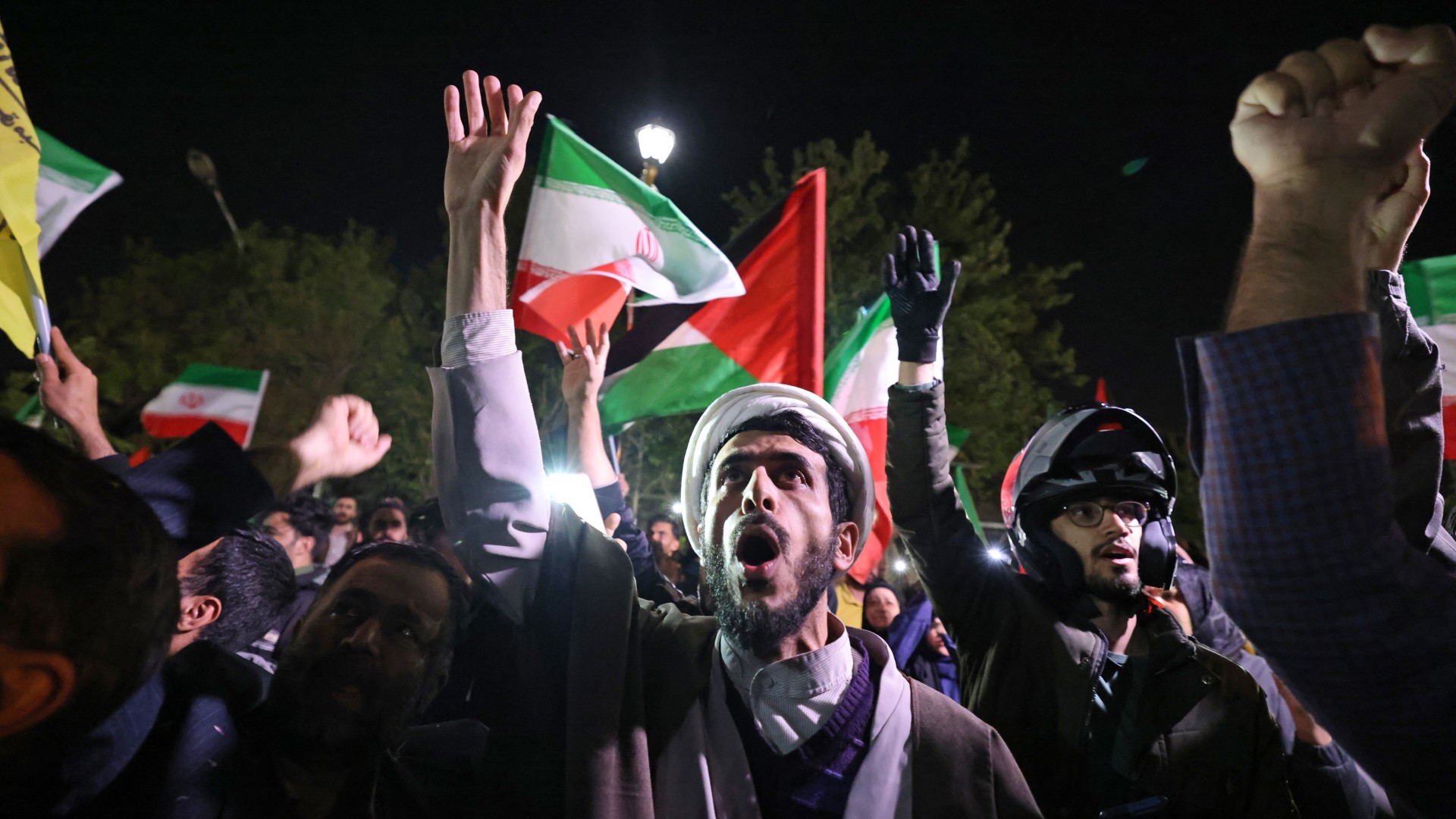 Will Iran's attack on Israel backfire?
Will Iran's attack on Israel backfire?Today's Big Question The unprecedented targeting of Israel could be a 'godsend' for Netanyahu as the limits of Tehran's military power are exposed
-
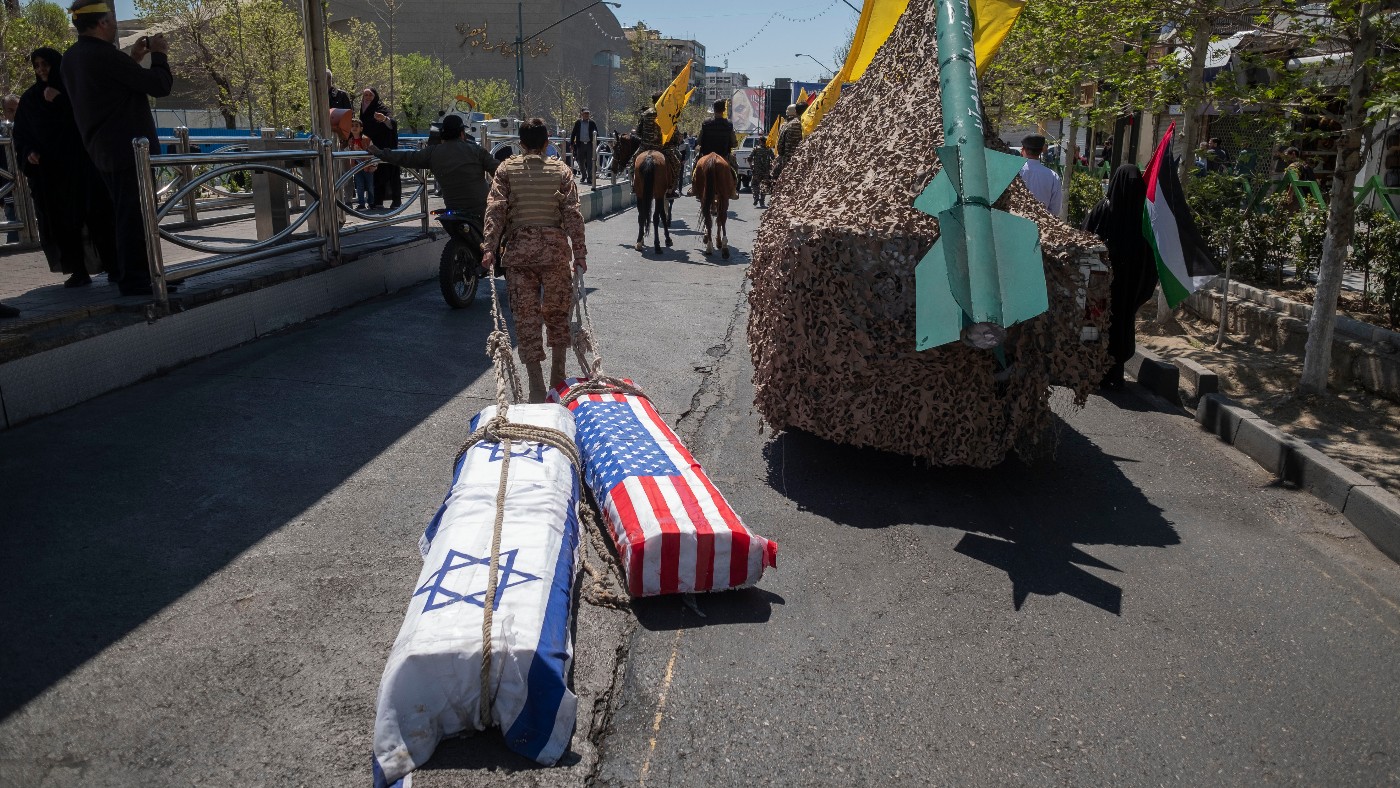 Will Iran risk all-out war with Israel?
Will Iran risk all-out war with Israel?Today's Big Question Tehran has not wanted to be directly involved in the Middle East conflict so far. But that could be about to change
-
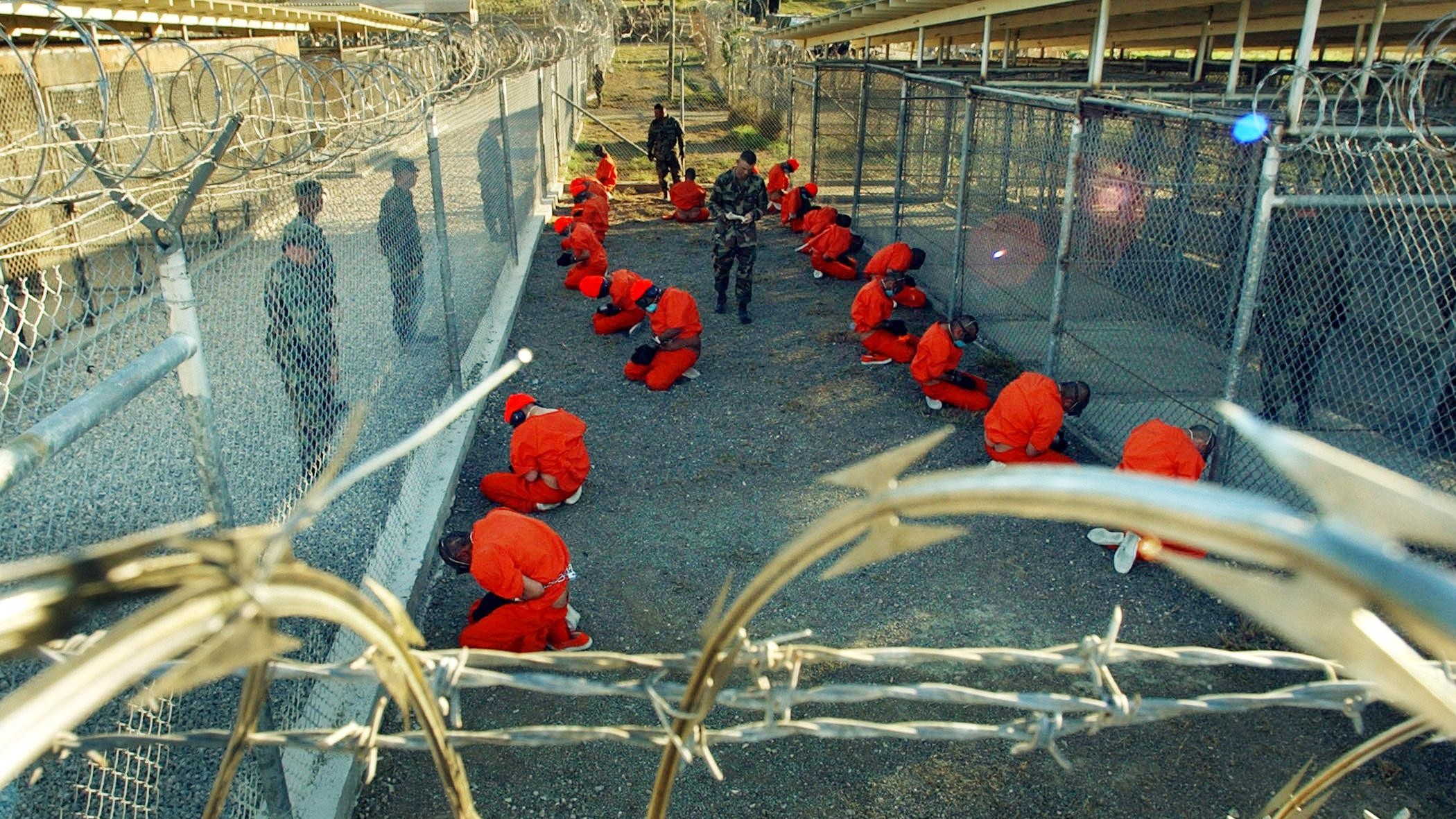 A history of Guantánamo Bay
A history of Guantánamo BayThe Explainer War of Terror's 'symbol of torture, rendition and indefinite detention' is subject of new Serial podcast series
-
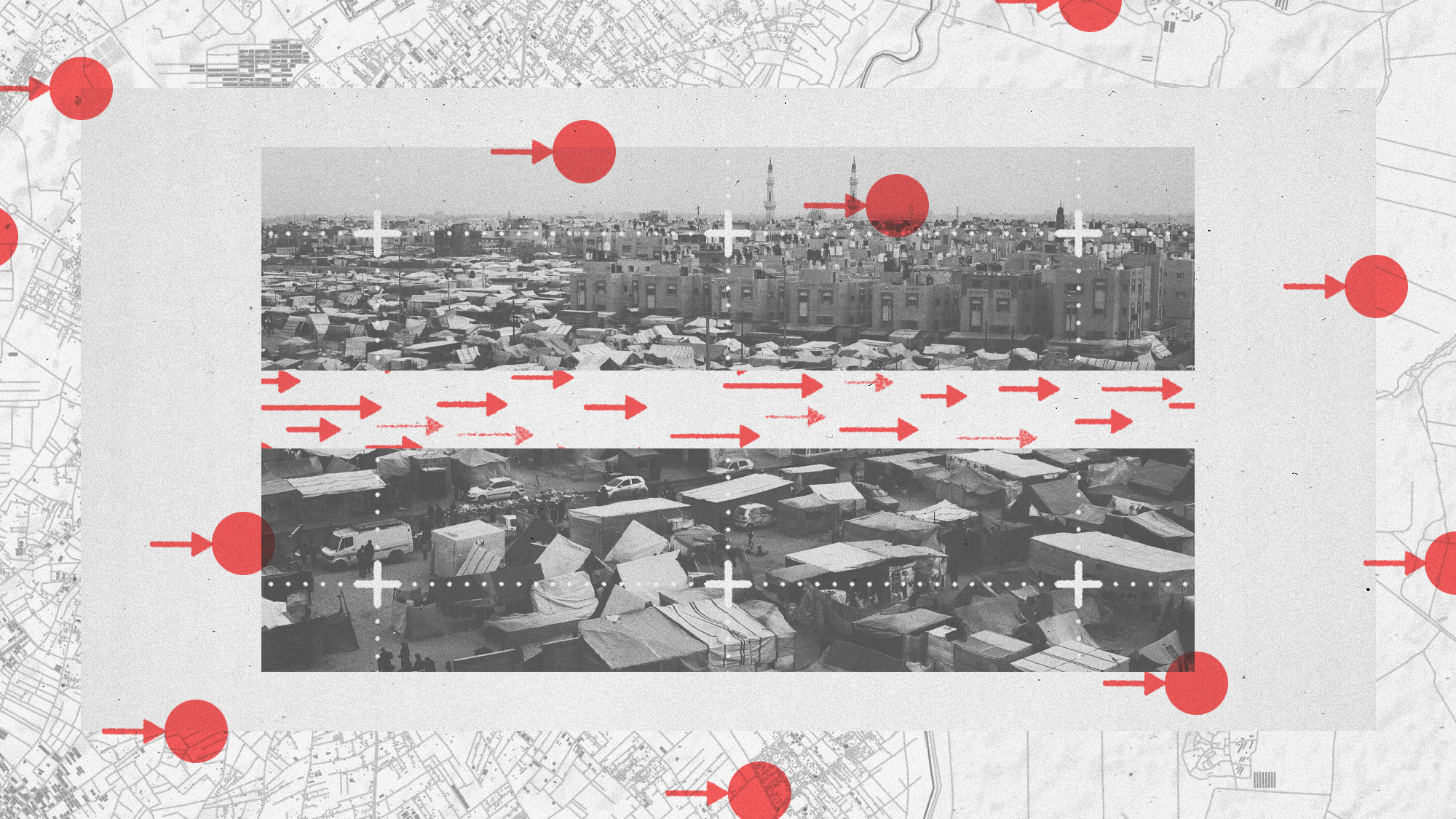 'Humanitarian islands': how will Israel's plan for Rafah civilians work?
'Humanitarian islands': how will Israel's plan for Rafah civilians work?Today's Big Question Designated zones in central Gaza to provide temporary housing, food and water for more than a million displaced Palestinians
-
 How likely is an accidental nuclear incident?
How likely is an accidental nuclear incident?The Explainer Artificial intelligence, secret enemy tests or false alarms could trigger inadvertent launch or detonation
-
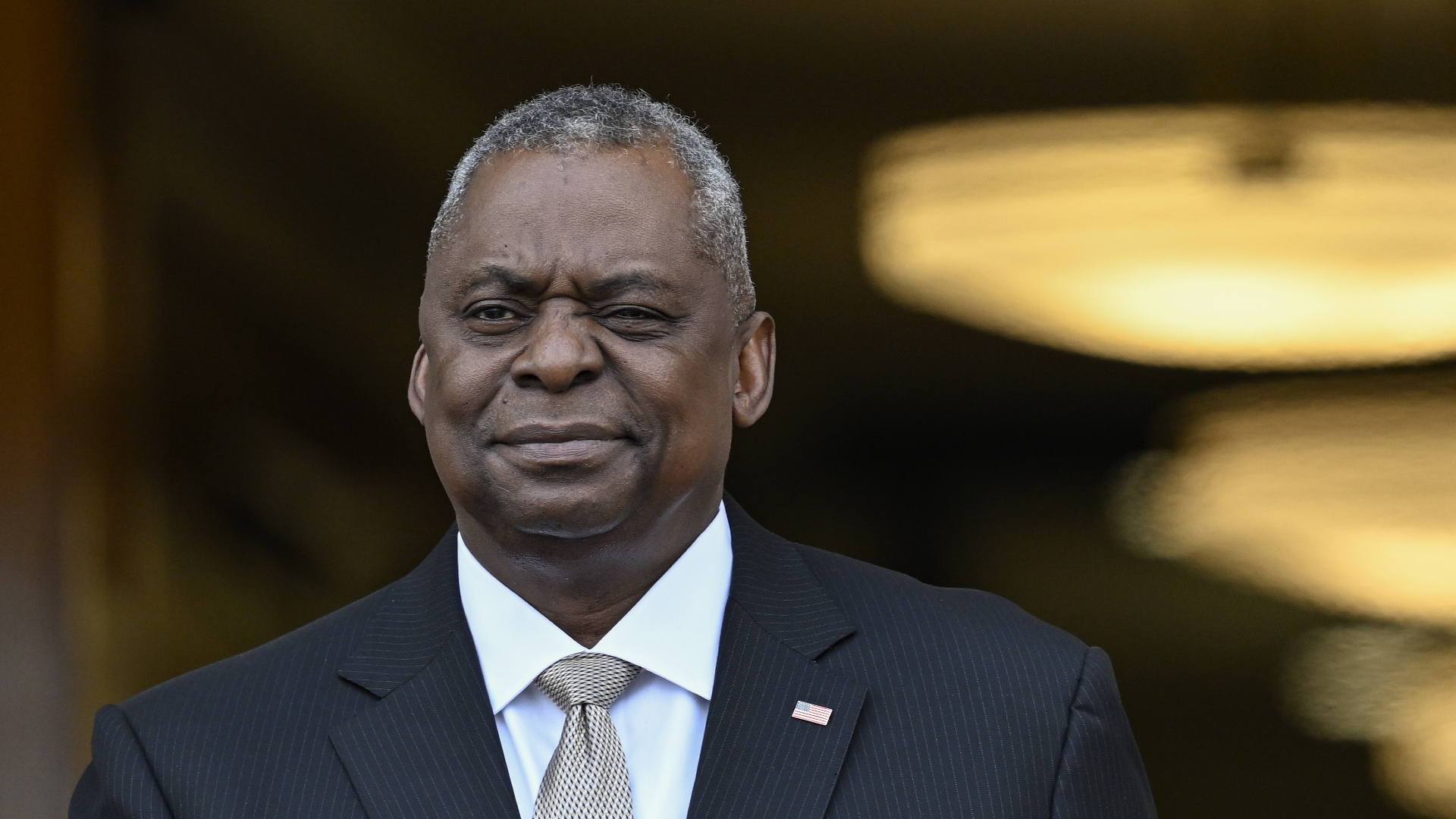 Pentagon struggles to explain Defense Secretary Lloyd Austin's secret hospitalization
Pentagon struggles to explain Defense Secretary Lloyd Austin's secret hospitalizationSpeed Read The intensely private Pentagon chief kept even President Joe Biden in the dark about his illness for 3 days
-
 Israel-Hamas: what do both sides need in order to agree a sustainable ceasefire?
Israel-Hamas: what do both sides need in order to agree a sustainable ceasefire?Today's Big Question Israel and Hamas 'open' to renewed ceasefire and hostage release, as pressure mounts on Benjamin Netanyahu at home and abroad